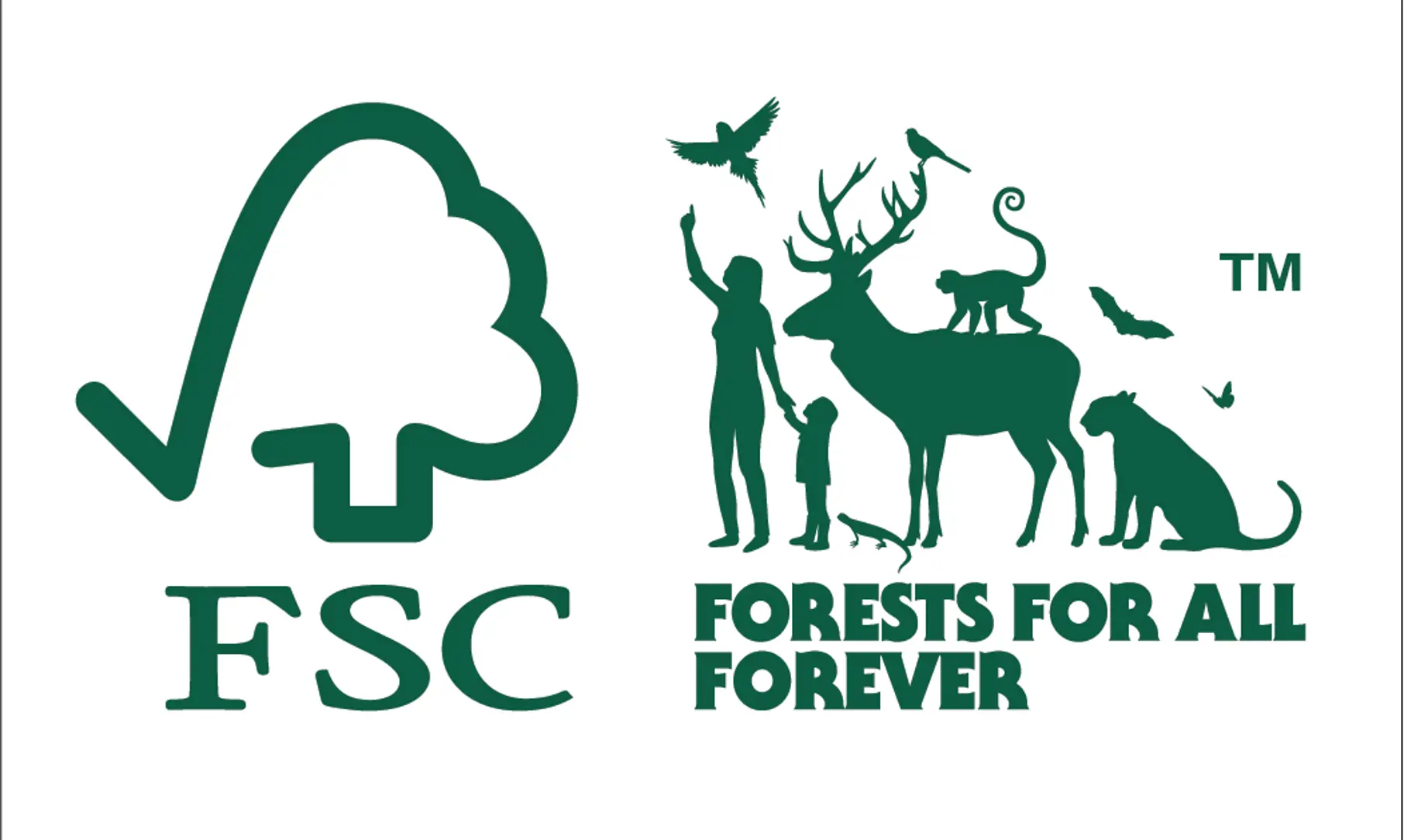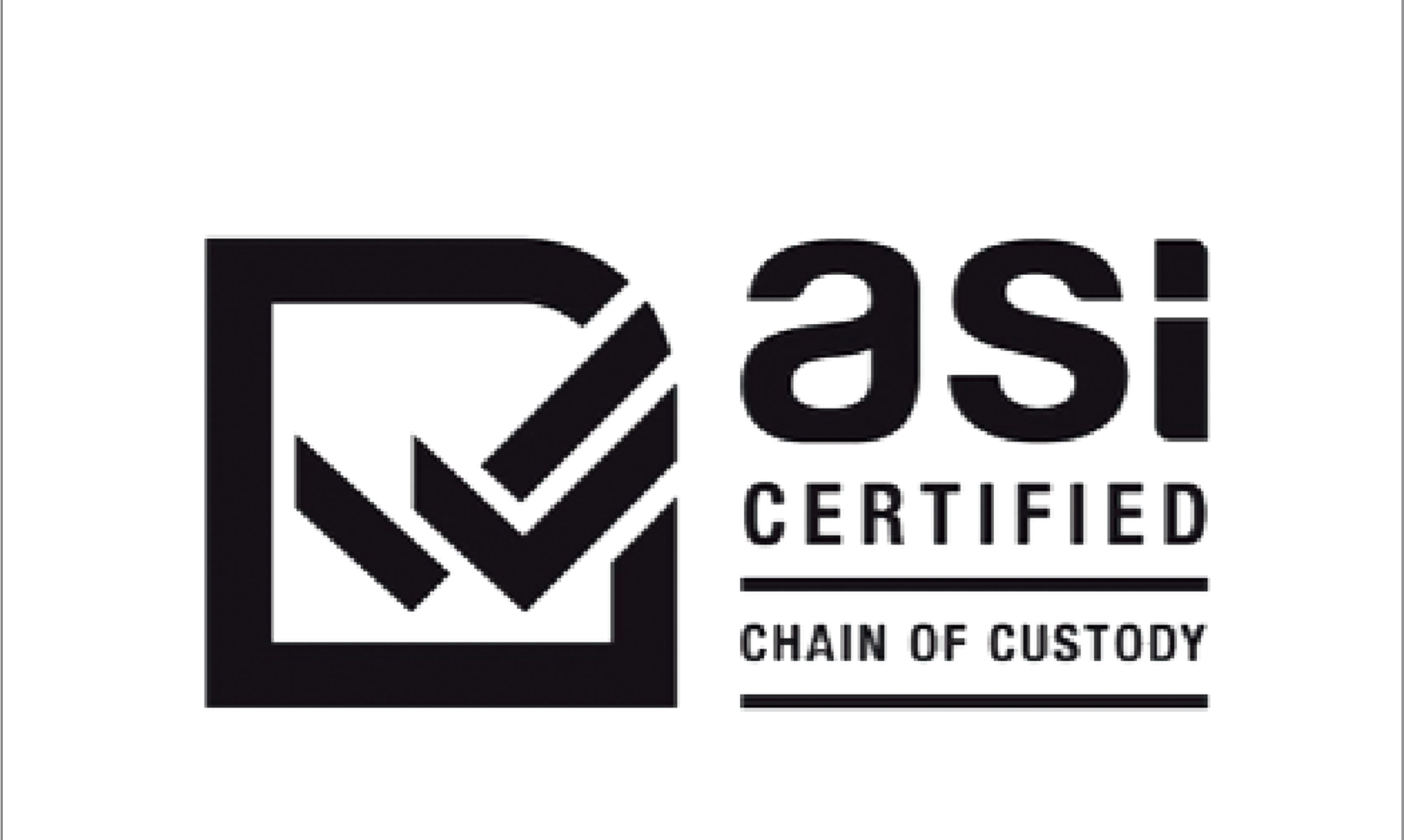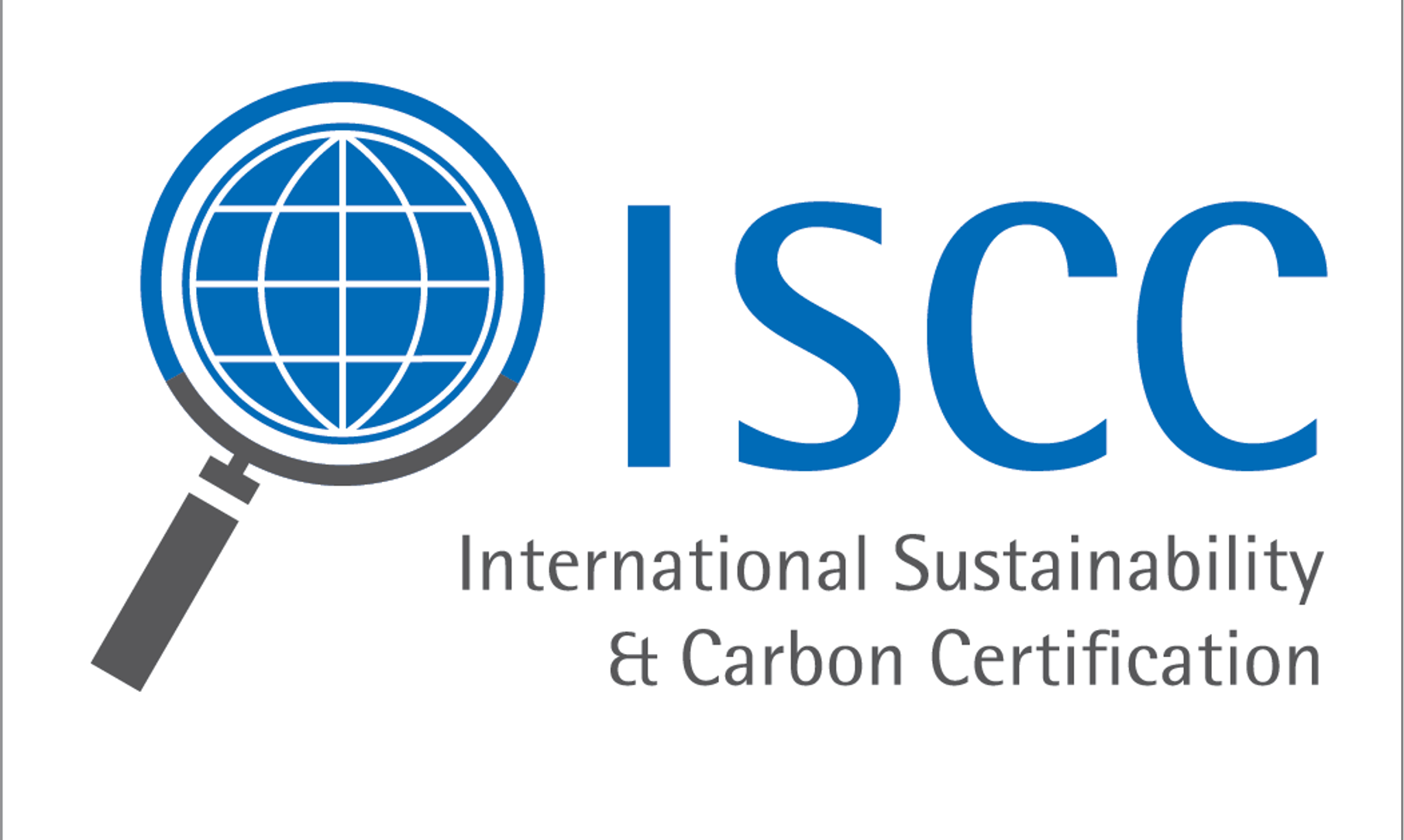Behind the labels

In the second part of our Unpacking Sustainability series, we will look into what lies behind some of the certifications in the packaging space.
We started the series by exploring why consumers are increasingly choosing to shop sustainably, and what stops some of them from making the shift. One factor that came to the fore was that consumers, often, do not have enough information about sustainability initiatives of companies, leading to loss of confidence in brands.
With 44% of consumers saying they do not trust product sustainability claims, there is an obvious gap. This gap can be addressed to a large degree by having proper certifications in place that help foster trust in consumers by showcasing that manufacturers are not making empty claims.
An objective choice
It is impossible to envision a world without paper and wood products even though deforestation, much like plastic pollution, concerns everyone. In a consumption space filled with choices, it is important to ease consumer doubt and set your product apart. In the words of Udo Felten, Manager, Global Environmental Affairs at SIG Combibloc: “The best way to save forests is to use them” – but in a responsible manner.
FSC™ certification
A label to watch out for. FSC certified on a pack indicates it links to sustainably managed forests. These forests are harvested responsibly in adherence to a set of guidelines that consider not only the preservation of environment but also the rights of local communities and indigenous people. The three main types of Forest Stewardship Council™ (FSC) labels are: FSC 100%, FSC Mix and FSC Recycled.

The most commonly used label in the food and beverage packaging industry, FSC Mix, is an assurance that the paperboard used to manufacture your drink carton comes only from sustainably managed forests and other accepted sources by FSC. The Chain of Custody certification from FSC requires materials to be checked at every stage of the supply chain and is a prerequisite for product companies using FSC labels.
Dilemma around aluminium
Aluminium plays an important role in food and beverage packaging from cans to cartons. Neither the importance of aluminium nor the environmental impact around its sourcing can be denied. The Aluminium Stewardship Initiative (ASI), an industry-led initiative, takes into account all aspects involving aluminium processing, including the health and safety of workers.
ASI certification
The ASI-certified label showcases that the aluminium used in a product or pack has been sourced responsibly following stringent performance standards. It addresses practices in the entire aluminium value chain from mining to engineering. An ASI label on an aseptic carton gives consumers the assurance of responsible sourcing and production of aluminium, reiterating a brand’s commitment to sustainability and human rights.

ISO 14001: 2015
Known worldwide for its process management, ISO is a trusted name. Their unique ISO 14001:2015 certification helps organisations achieve positive outcomes in their environmental management systems. An ISO 14001:2015 label demonstrates a company’s commitment to managing its environmental impact.
ISCC PLUS
The International Sustainability and Carbon Certification (ISCC) enables manufacturers to ensure traceability along the supply chain and also supports them to reduce their carbon footprint. Based on six ISCC core principles, the ISCC PLUS label demonstrates the accountability and traceability of renewable, plant-based materials used. Later in the series, we will look into the related circular and bio-based approaches in packaging.

Beyond packaging
Some other reputable certifications that support food and beverage manufacturers in their sustainability claims include Fair Trade, A Greener World, USDA Organic, Certified Vegan,
among others in different geographies. With the rise of the conscious consumer, certifications have become vital for manufacturers to be taken seriously.
Where does SIG stand
With our unwavering commitment to the environment, we take pride in the sustainable processes and industry firsts at SIG. As of June 2020, ASI-certified aluminium comes as standard for all SIG packs in Europe, starting with customers launching new products or designs. And more recently – as of January 2021, 100% of the paperboard used in SIG packs is sourced as FSC certified (Licence code: FSC™ C020428). In addition, all our production sites and research centres are ISO 9001 and ISO 14001 compliant. You can find a complete list of certifications used by SIG here.
Want more stories like this in your inbox? Subscribe to the SIGnals Update, our exclusive bi-weekly newsletter, and don’t miss part three of this series in which we will discuss the dynamics around aluminium-free aseptic packaging.
- April 21, 2021
